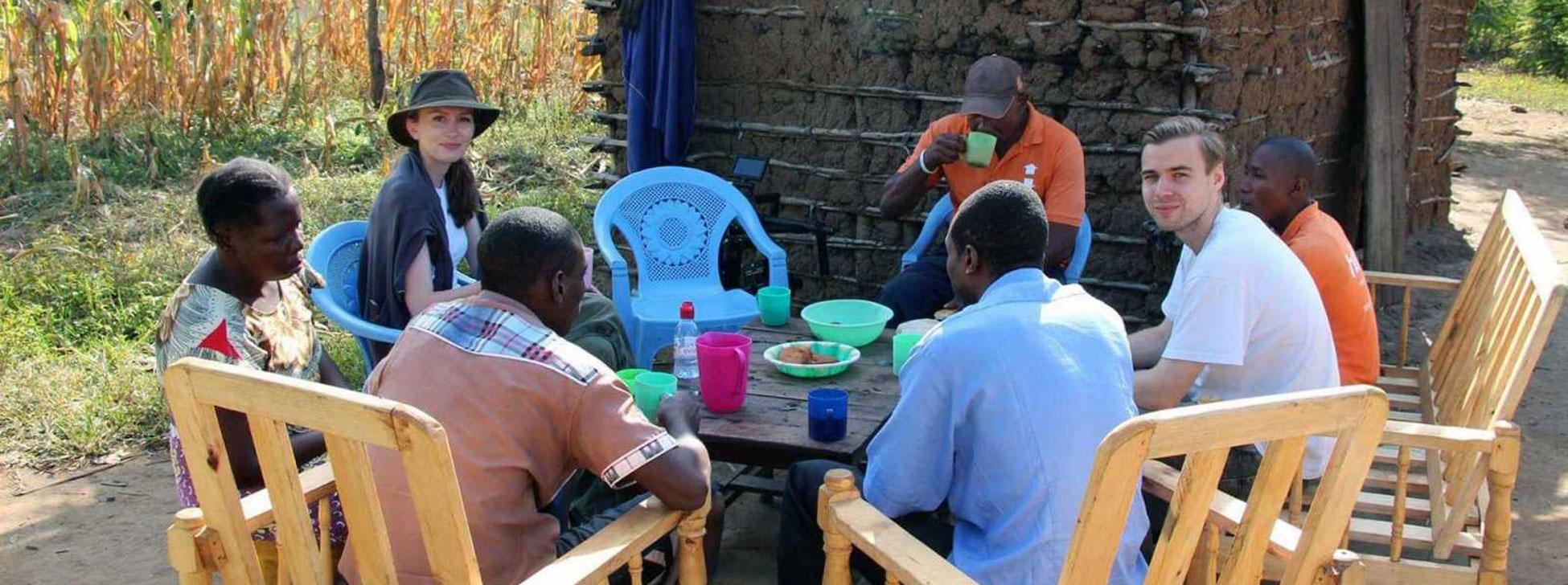Just as international development and humanitarian aid is no longer solely the domain of social workers and humanitarians, employment is no longer restricted to working with government agencies or non-governmental organizations (NGOs). An explosion in areas like social entrepreneurship in the last two decades means that there are also career opportunities in the private sector, with consultancies or social enterprises, for example.
Employers in international development and aid can be divided into several principal types:
-
Governments and multilateral organizations
The funding for most aid and international development work comes from national governments, and then is managed by either government agencies (such as USAID) or through government ministries. Donor countries channel funds through multilateral organizations such as the UN and the World Bank, directly to recipient governments; or through contracts with NGOs or private sector companies. A wide range of opportunities exists in government and multilateral organizations, and work tends to be high-level: allocating funds, managing contracts, providing support to partner countries. It is usually far removed from project implementation and fieldwork.
These organizations are well funded, and usually offer high salaries, professional development opportunities, and structured progression. Competition for positions is fierce. Entry points include internship and training programs, and junior positions that are offered by many government and multilateral organizations. But, realistically, working with any of these agencies is not going to be your first, or even second, job in international development. Consultants may be recruited short-term for specific projects and, once you have experience in the sector, this can be a way to get a foot in the door. -
Academia and research organizations
Traditionally, these organizations research and inform international development policy and priorities, and may engage in advocacy activities. However, it is becoming increasingly common for academics and research institute staff to also work as consultants on development projects. Positions are typically in donor countries, with field visits overseas; but opportunities to spend significant time overseas, for example at a partner university, can open up. -
Non-governmental organizations (NGOs)
NGOs are the guts of project implementation. They range from small, community-based organizations to large international organizations with a presence in multiple countries. Typically their operations include fundraising, often through charitable donations as well as applying for grants and support from government and foundations. Work can vary immensely and could involve working with the project's beneficiaries and implementing the project, conducting research, advocacy activities. Or, it could involve HQ-based positions and engaging with donors. Note that in some NGOs you will have an easier time if your values align with their mission; indeed this may even be required (e.g. some religious NGOs). -
Consultancies
Development consultancies generally work project-to-project, bidding on contracts tendered by government agencies, multilateral organizations and sometimes NGOs. They prepare bids, assemble teams of experts to implement projects, manage budgets and report to their clients. Staff members are often based in a donor country, with some travel overseas. However, consultancies often hire contractors on a project-by-project basis, often in the country where the project is taking place, and this can be one route to employment. -
Other private sector
Arguably, the most interesting change in international development over the recent past is the range of opportunities that have developed in the private sector. Social entrepreneurship has flourished, and the idea that business has the power to positively influence development has been widely embraced. Fairtrade initiatives, expansion of renewable energy and communications technology to under-served communities, and the rapid growth of microfinance are just a few examples of this.
The types of work and the working environment can vary significantly between these employers. Small (and even larger) NGOs are notoriously under-resourced. This means that they often welcome assistance from volunteers, and there is potential for staff to take on high levels of responsibility quickly. This can be a great opportunity for those in the early years of their career development. Similar considerations apply to small social enterprises. Contract work for consultancies is another possible route to breaking into this sector.

